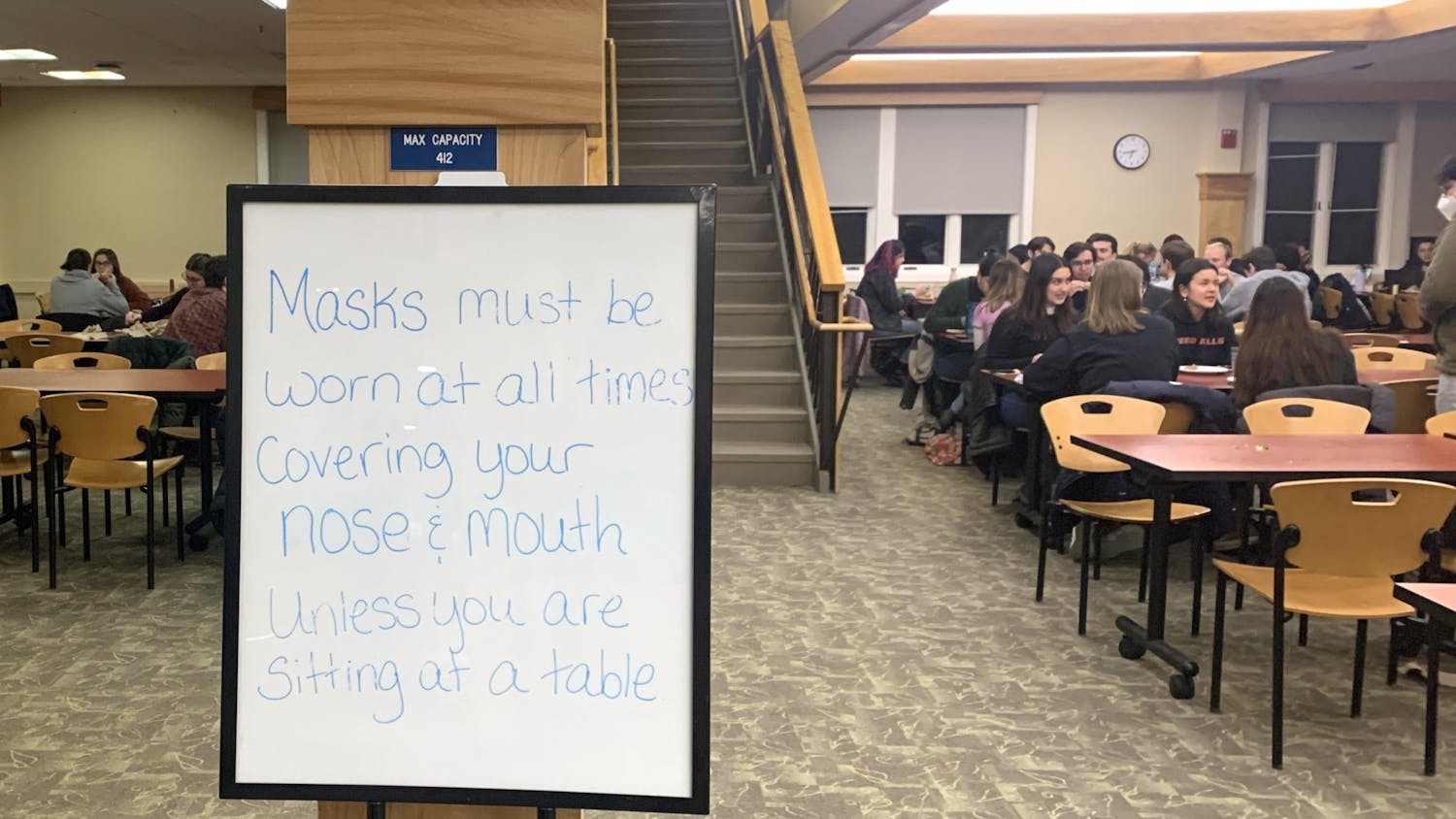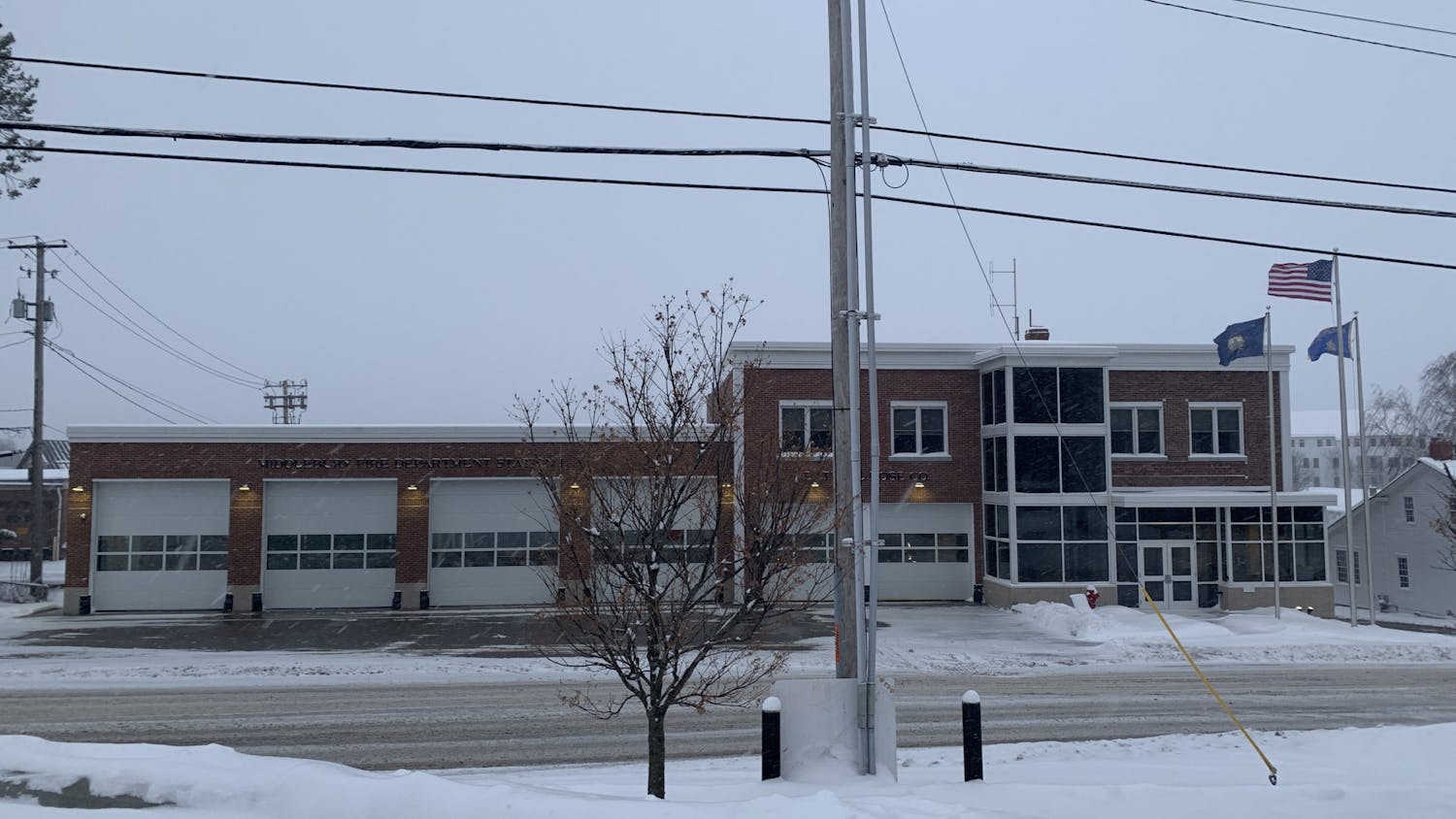With luck, as a community we’re moving to an ‘endemic’ phase of Covid-19. As a community though, it’s time again to recognize the many endemic problems staff face at our institution, and talk about taking one or two off the plate before we add another.
Surveys from past years give a good list — rewards and recognition, struggling internal communications, the need for manager training, pathways for all to advance their career, a new performance review system, and more. The administration has recognized this for years, but with their limited time and resources right now, have chosen the most important — compensation.
Staff are learning now of our new compensation structure, replacing our old system of nearly 15 years. The focus on a market rate wage potentially will enable us to reach at least parity with our friends and neighbors. By adjusting for the market yearly, we will not be as far behind, even if it may not actively address systemic wage inequities found in the national and local labor market.
So it was in this atmosphere that I read with disappointment the Middlebury AAUP proposal to raise pay of all employees 10% next fiscal year. Everybody — faculty, staff— presumably even the administrators, although unmentioned.
Yes, absolutely. Everybody deserves a raise. Coming out of Covid-19 with three years of only having an overall wage increase of 2% while inflation skyrockets is difficult. The administration, with their sleepless nights keeping employees paid and employed, and keeping our community whole. Faculty, learning new ways to educate. Teaching my winter term class this year, I saw first hand the difficulty of teaching remotely — and we were only remote for much of the first week. I can’t imagine doing that as the faculty did mid-semester with the technology of two years ago. And staff, imagine doing our essential jobs of cooking meals, cleaning dormitories, keeping toilets flushing and the heat on, keeping our students safe and supported — and then adding Covid-19 disruptions. Everybody deserves a raise, and even 10% seems too little.
But I question the timing of 10% for all. Maybe that’s because it seems sometimes I don't work at the same institution as the faculty, with their inspiring and enviable education, academic freedom and faculty governance. I am employed by a multinational non-profit educational corporation, run by an Executive President, who reports to a board, who in turn reports to “shareholders” in the form of alumni. We produce value by manufacturing knowledge through words and experiences. And like other corporations, we operate under constraints. Our board of trustees have mandated fiscal sustainability and capped our investment income from the endowment at 5%.
I’m not an economist, just a landscaper playing in the dirt, so I don’t think I should wade into the competing philosophies and models of endowment draw percentages. Suffice it to say, as my sore back and I dream of retirement, advisors say to plan only drawing 4% of my retirement ‘endowment,’ so our board’s choice of 5% seems safe, even with the promise of additional income making it seem a little low to some. Staff all too well see the crumbling infrastructure, rising food costs, greater need for financial aid, so we understand the multitude of competing needs. The 5% withdrawal is our current constraint, a number out of our hands as staff members. Given that, I make my plea to think of the most vulnerable while pushing for a larger conversation on budget allocations in the future. It’s far too easy to throw money at short term solutions, far harder to reach financial sustainability for future generations.
Remember Tayler, my friend and staff colleague I wrote of last year? They did see an increase in pay, to a little over $14 an hour, and no longer make weekly trips to the food shelf. Instead, grocery shopping involves the Hannaford sales flier in one hand, Shaw’s in the other, driving back and forth between stores to afford enough groceries. Seeing the AAUP Sense of the Faculty motion talk of ‘buying power,’ what would it be like to have real buying power for Tayler — discretionary income to spend on them and their child? A true cost of living adjustment for our working poor would be to give freedom of choice in their costs to live, not merely subsist.
Using a napkin instead of a spreadsheet, I’d guess a 10% raise for all employees would be about $14 million in just compensation funds, with more for benefits. Giving a 10% raise to just the first $70,000 in income in an attempt to level the playing field and save some funds for compensating our lowest paid would still be about $9 million, well north of anything I've seen for funding under current restraints next fiscal year. President Laurie Patton has acknowledged this, and has therefore committed to compensation fixes for the next several years.
I don’t want to discount the finances of all of us post-pandemic. To be a young professor beginning their career with near crippling debt from their educational investment must be daunting, and needs to be recognized. But this 10% raise brings Tayler to $15.50/ hour, well below the $23/hour that the Center for Economic and Policy Research says would be the minimum wage had we been paying workers for productivity since 1968, and below the $50,000/ year qualifying cap for affordable housing in the area. Colleen Norden and I raised these concerns with the AAUP, and were told that nothing was stopping the administration from doing more, but that 10% for all should be first priority. In the Faculty Council meeting, Professor of Economics and Environmental Studies Jon Isham proposed prioritizing those making $70,000 and less as an amendment to the AAUP Sense of the Faculty supporting 10% across the board raises. The motion passed but the amendment was voted down. A 10% blanket raise for all will simply keep the unequal transfer of wealth as status quo for another year, and our lowest paid staff will fall further behind.
My price for speaking out will be being told I’m pitting faculty against staff, or worse, not listening. I’ll say it again — everyone deserves a raise. But let’s prioritize. We’re bleeding lower-wage staff and the remaining are working harder than ever. There are over 13 openings in dining services, 25 or so in custodial, and many in facilities and elsewhere, leaving our institution and community vulnerable. Our budget is a reflection of our values, and as such we should consider our lowest paid workers first. We owe it to ourselves to do better. If I've learned anything working at Middlebury, it is our ability to bring resources to bear to address our most challenging problems. This is one.
My great thanks to Colleen Norden for her help in writing and editing this, and for her strong voice on behalf of all employees at Middlebury.
Tim Parsons is the college’s landscape horticulturist.



